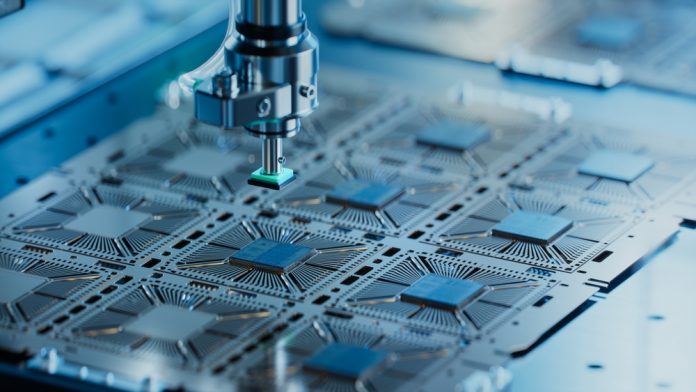South Korean tech startup BOS Semiconductors has formed a partnership with U.S. artificial intelligence hardware company Tenstorrent to develop semiconductors for use in vehicles and vehicle manufacturing.
The partnership will give BOS access to Tenstorrent’s AI Tensix core technology. According to the two companies’ press release, the goal of incorporating Tensix cores into BOS’s computer chips is to use artificial intelligence to accelerate the processing capabilities of automotive semiconductors. “Through our collaboration with Tenstorrent, we expect to develop low-power and high-performance automotive SoC semiconductors that improve processing speed, accuracy, and power efficiency,” stated BOS CEO Jaehong Park.
Semiconductors are an essential component of most modern technologies and are already present in most currently operable vehicles. However, with automotive technology in the sector rapidly advancing, the need for high-performance chips has become increasingly dire. For example, cars with driver-assistance capabilities require a large amount of processing power not only to maneuver through traffic but also to send data to OEMs, who use this information to improve their algorithms. While current generations of semiconductors can mostly keep up with the needs of the industry, the more connected and advanced vehicles become, the more demand will increase. Fully autonomous vehicles are no longer science fiction but a real possibility, but these will require substantial innovations in the computer chip sector to be affordable and scaleable.
The incorporation of artificial intelligence into the semiconductor industry has already yielded positive results. AI can identify defects early in the chip-making process, allowing companies to solve issues impacting their manufacturing efficiency. AI can also improve processing speed by optimizing the layout of the circuits formed by semiconductors. While BOS and Tenstorrent are not the first to produce AI-powered computer chips for the automotive industry, the more businesses join the sector, the more easily car manufacturers can obtain components. This, in turn, should make technologically advanced vehicles more accessible to average consumers, most of whom are unable to afford current high-tech models.



